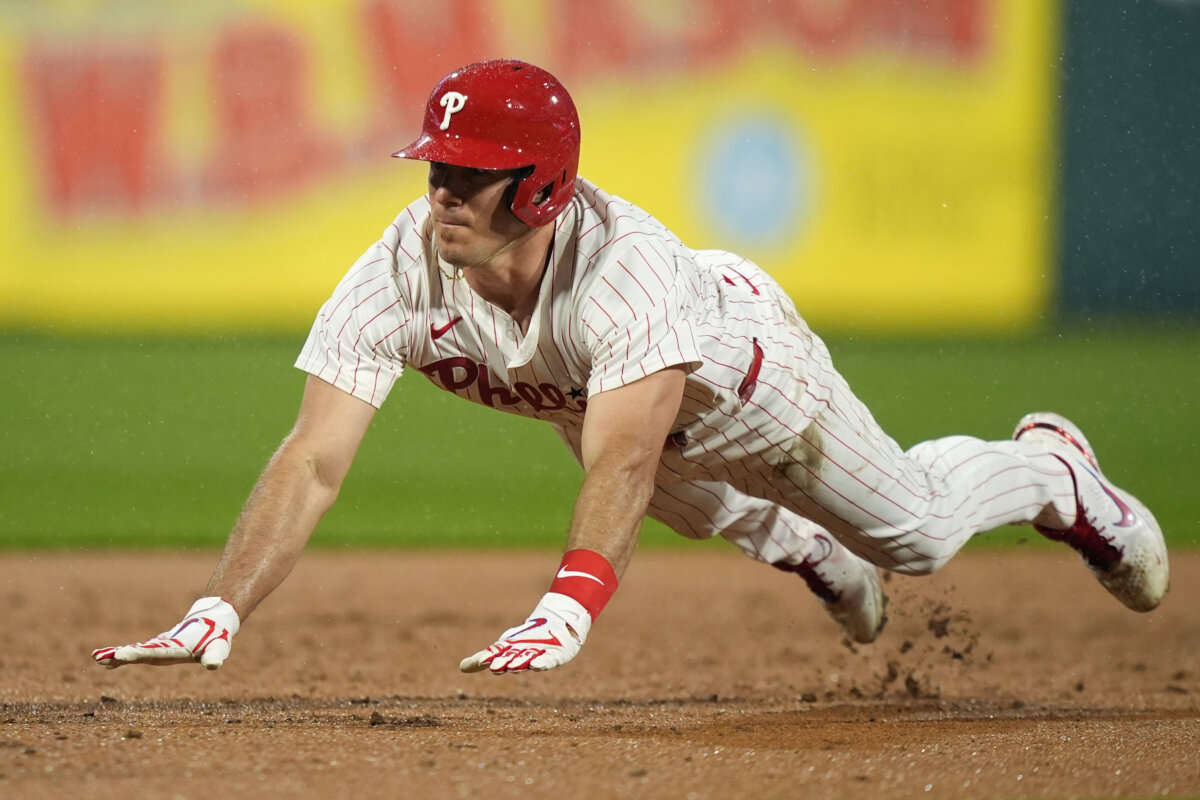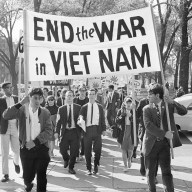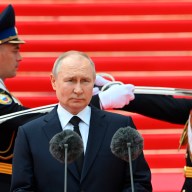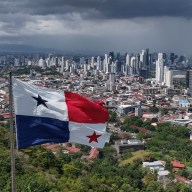OTTAWA – Six months after Prime Minister Stephen Harper first promised a public inquiry into the Mulroney-Schreiber affair, he has yet to name anyone to head the probe or even set an official mandate for it.
That has opposition critics growing increasingly impatient.
“It confirms what I always thought,” says Liberal MP Robert Thibault. “He has no intention of having an inquiry, and if there’s any way he can stop one, he will.”
Thibault contends that Harper’s game plan from the start has been to support an inquiry in principle but procrastinate in practice, in the hope that a federal election will pre-empt the need to make a decision.
“Then he doesn’t have to call one until we get back, and if he wins a majority, he never will,” Thibault contends.
NDP ethics critic Pat Martin also suspects Harper of electoral clock-watching. But he’s not sure the prime minister would want to risk going into a campaign without taking an action at all to keep his promise.
An alternative, says Martin, could be for Harper to drag his heels a few more weeks, then name a commissioner who would need months to hire staff and review documents and likely couldn’t start public hearings until well into the fall.
That would mean, if the country goes to the polls in early autumn, that the actual testimony – and the accompanying media furor – wouldn’t come until after voting day.
“I think that’s their best gambit and probably their action plan,” says Martin. “It would be the best of both worlds for them. It’s a risky game though.”
Harper signalled last November he was prepared to hold an inquiry into the tangled business dealings between former Tory prime minister Brian Mulroney and German-Canadian lobbyist and arms dealer Karlheinz Schreiber.
But he bought time by naming David Johnston, president of the University of Waterloo, to conduct a preliminary review and recommend what the precise terms of reference should be.
Since then, Johnston has delivered not one but two reports. In the meantime, the House of Commons ethics committee has conducted it own hearings and tabled its own report – predictably splitting along party lines on what course to take.
The lengthy delay has clearly played to Harper’s benefit, says University of Ottawa law professor Ed Ratushny.
“The vast majority of public inquiries are called because of political pressure,” he says. “The prime minister has managed to reduce the heat.”
Conservative strategists insist that it was only after Johnston and the ethics committee completed their work that Harper could start looking for someone – presumably a sitting or retired judge – to head the follow-up inquiry he’s been promising.
A search process is now in place and “a decision will be made as soon as possible,” insisted one government official who spoke on condition of anonymity.
He denied Harper has been deliberately trying to postpone the political fallout from the inquiry until after the next federal campaign, noting the current minority government can’t control when the opposition will decide to bring it down.
“We don’t plan according to speculation of an election,” said the official. “We’ve gone down that path too many times, and the Liberals have backed off every single time.”
Another insider suggested the delays to date have more to do with uncertainty and indecision on Harper’s part than with tactical cunning.
“I think he’s baffled,” said this source. “He doesn’t believe Mulroney and he can’t figure Schreiber out.”
A key question from the start has been what the terms of reference for any inquiry should look like.
Johnston, in both of his two reports, recommended a relatively narrow mandate that would focus on the lobbying work Mulroney agreed to do for Schreiber once he left office in 1993.
Mulroney has admitted accepting $225,000 to promote a project to build German-designed light-armoured vehicles in Canada for export. He says he tried to line up support among foreign political leaders whose countries might become customers for the vehicles.
Schreiber says the money that changed hands – delivered in cash-stuffed envelopes in hotel rooms – added up to $300,000. He also claims Mulroney was supposed to lobby the Canadian government rather than foreign leaders, an arrangement that could have put him in violation of federal ethics rules.
The Liberals, NDP and Bloc Quebecois all want the mandate for the inquiry broadened to include a look at an earlier deal that saw Air Canada buy European-made Airbus jets while Mulroney was still in power.
They also want a review of a $2.1 million libel settlement Mulroney obtained from the former Liberal government of Jean Chretien, with a view to determining whether Ottawa should demand the money be repaid.
Ratushny says there’s little hope the inquiry will get to the bottom of things if it can’t look at the Airbus deal and the libel settlement.
“You can’t try and be too cute and cut out possible areas of embarrassment,” he says. “You can’t gerrymander the mandate, the lawyers and public will see through that pretty quickly.”
A restricted mandate could also make it even tougher than it would normally be to find a commissioner willing to take on the probe – one more reason, in the eyes of Harper’s critics, why it’s taking him so long to announce an appointment.
“I think they’re having a hard time finding anyone (to conduct) what would be a useless exercise if they stick to the narrow mandate proposed by Johnston,” says NDP justice critic Joe Comartin.
“I can see a lot of judges or retired judges saying: No thank you, I’ve got better things to do.”
















